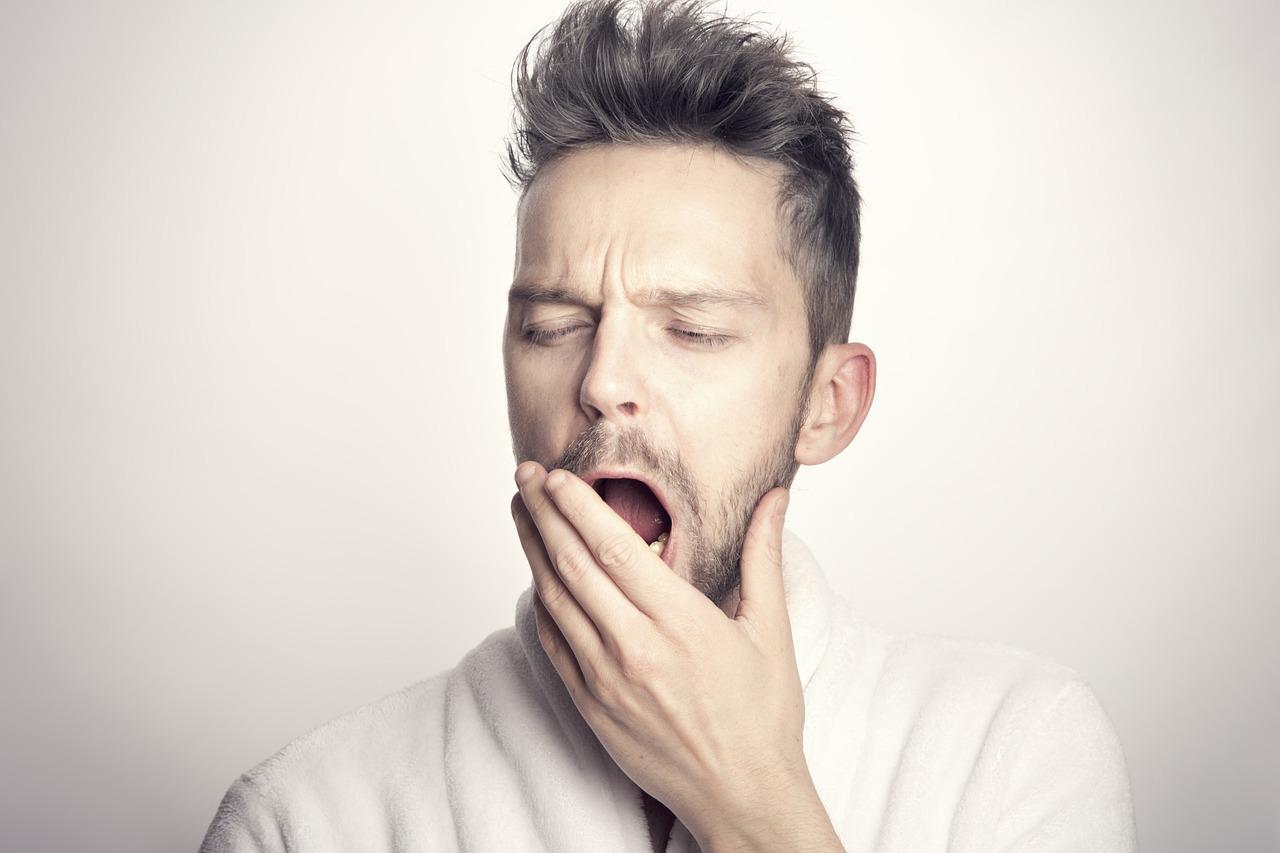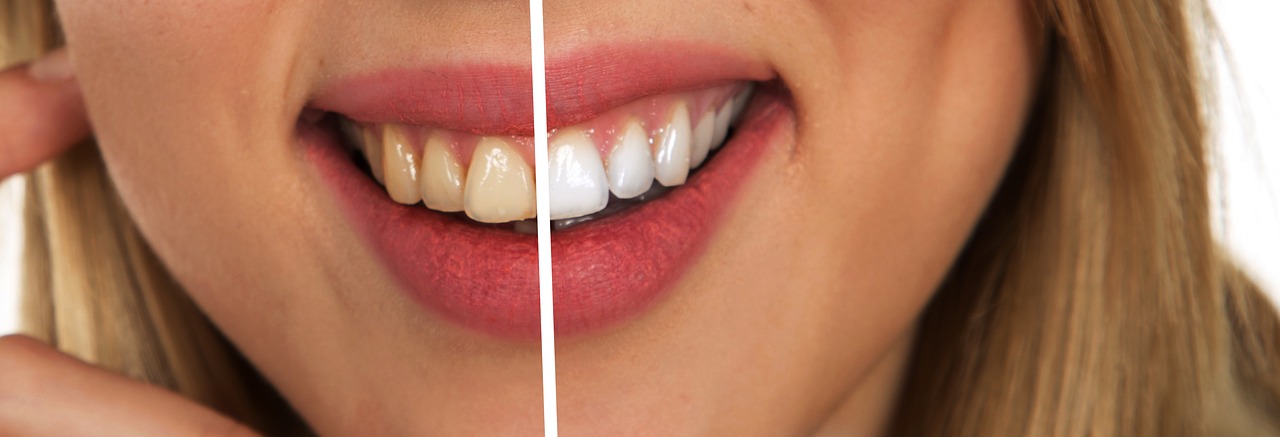Your significant other is grumpy every morning for one reason: Your snoring has gotten out of control. And although you can’t say you’ve heard yourself snore, you have been feeling pretty tired these days. In the back of your mind, you can’t help but wonder if sleep apnea is the culprit.
The question is, what exactly is the definition of sleep apnea, and how do you know if you have it?
As a general rule of thumb, sleep apnea can cause people to feel tired, less focused, and irritable. However, just because you experience these physical challenges doesn’t mean you struggle with sleep apnea.
Here’s how you know if you have sleep apnea and how to effectively address this issue moving forward.
How Do You Know If You Have Sleep Apnea?
Sleep apnea is defined as follows: a disorder in which your breathing repeatedly stops while you sleep, preventing you from enjoying a full night of rest. This sleeping disorder comes in three forms:
- Central sleep apnea is defined as a disorder where the brain does not send the appropriate signals to the muscles that control your breathing.
- Obstructive sleep apnea is defined as a disorder where the throat’s rear soft tissue collapses and blocks the airways.
- Complex sleep apnea is defined as the combination of central and obstructive sleep apnea.
The obstructive form is most common. However, many individuals do not know they have this or the other types of sleep apnea because they are asleep when they have their apnea episodes.
Sleep Apnea’s Symptoms
One of the easiest ways you can know if you have sleep apnea is to look for these symptoms:
- Drowsiness or falling asleep during driving
- Waking up constantly at night
- Decreased sex drive
- Memory loss or poor concentration
- Mood changes or irritability
- Morning headache
- Choking or gasping while sleeping
- Loud snoring, then silent pauses
- Dry throat or mouth at night
- Excessive sleepiness during the daytime

Diagnosing Sleep Apnea
While these symptoms might help you know if you have sleep apnea, how do you diagnose it? You will want to visit your doctor to undergo an examination. Your primary care physician can take a look at your long-term medical history as well as conduct an exam to pinpoint the possible causes of your symptoms. Your dentist may also inspect your airway to determine if any swelling or blockages are present.
Sleep studies can also be used to diagnose this condition. During such a study, you would use a monitoring device provided by your doctor to analyze your blood oxygen, heart rate, airflow, and breathing while you sleep at night.
You may additionally use a smartphone app to track your snoring. These types of apps will record you during the night to detect loud sounds. Only apnea that is accompanied by snoring will be picked up via these apps.
Why Sleep Apnea Can Be Problematic
Sleep apnea may prevent you from feeling rested in the morning, and adequate sleep is essential for your wellbeing and health. In addition to causing sleep deprivation, sleep apnea can result in complications such as these:
- Complications with surgery and medications
- Liver issues
- Diabetes (type 2)
- Heart issues
- Blood pressure problems
What Causes Sleep Apnea?
Beyond just knowing the definition of sleep apnea, it’s important to understand the causes of the various forms of this disorder.
For instance, central apnea becomes an issue when signals are not transmitted to the breathing muscles from the brain. Meanwhile, obstructive apnea takes place when your throat’s rear muscles, including your tongue, tonsils, uvula, and soft palate, are too relaxed. In this situation, the airway closes or narrows when you inhale, which causes you to stop breathing for at least 10 seconds.
When you have sleep apnea, the brain recognizes when you are not breathing. It then forces you to wake up so that you can open your airway. This can easily happen several times in one hour, and you may never even remember these occurrences. Unfortunately, the constant waking up keeps you from experiencing deep sleep.
Sleep Apnea Risk Factors
Knowing some of the common risk factors can also help you determine if you have sleep apnea. Genetics is one of them, so it may behoove you to speak with your loved ones to find out if any of them have received sleep apnea diagnoses in the past.
If your neck is thick or wide, this is another risk factor to take into consideration. That’s because you might have excess fat around your airways, which may apply pressure to your airways and, in turn, disrupt your breathing.
Apnea is also common in women and men who are older, and the older you get, the greater your risk of suffering from apnea. Still, you may experience this condition no matter how old or young you are.
Hormonal imbalances, such as acromegaly and hypothyroidism, can furthermore increase your risk of apnea. Likewise, neurological conditions, such as Alzheimer’s and Parkinson’s, may make you more susceptible to developing central sleep apnea.
Treatments for Sleep Apnea
Knowing whether or not you have sleep apnea is the first step. Next, you’ll need to explore all of your sleep apnea treatment options. For instance, you may take advantage of CPAP therapy. This treatment involves sending air that has been pressurized into the mouth to force the airway open while you are asleep. A connective hose, CPAP machine, and face mask are required as part of this therapy.
Another sleep apnea treatment option is a custom-fitted oral appliance, particularly for people with moderate or mild obstructive sleep apnea. The appliance, which mirrors a mouthguard, is designed to help your airway stay open while you are sleeping. The device essentially prevents the upper airway tissues and the tongue from hampering your breathing. It’s critical that the appliance fits your mouth properly to prevent jaw problems.
For some individuals, their sleep apnea stems from deviated septums or rear throat inflammation. In this situation, surgery may be necessary. You could also improve your apnea situation if you make changes to your lifestyle and sleep habits. For instance, consider exercising to shed body fat, or sleep only on your side.

Definitive Dental Can Help
At Definitive Dental, we are well equipped to diagnose sleep apnea, and if you suffer from it, we can provide you with the perfect appliance for addressing it. We can also provide you with a full range of other dental treatments to meet your unique needs, such as dental implants, clear braces, dentures, extractions, crowns, and root canals.
Our office is also eager to help you to maintain a healthy smile through regular six-month checkups, cleanings, and exams. We have earned a reputation for guiding numerous patients to complete oral health.
Make an appointment by calling or texting us at (972) 646-0660, or reach out to us through our contact form today!









